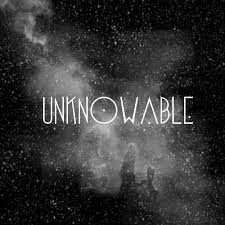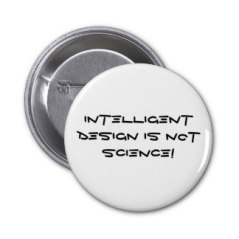 Many Eastern religions make this claim about God. And now, it is being picked up as a popular idea among Westerners. Unfortunately, it is incoherent.
Many Eastern religions make this claim about God. And now, it is being picked up as a popular idea among Westerners. Unfortunately, it is incoherent.
To say God is unknowable is either a statement about God or a statement about ourselves. If it is a statement about God, it is an affirmation that he has no properties capable of being known. And yet having at least one property is what differentiates existence from non-existence. If God has no properties, then he doesn’t exist.
If it is a statement about ourselves – our ability to know a God with specific properties – then it is self-refuting because the statement itself is a claim to know something about God: He is unknowable. If God were unknowable, we would not even be able to know that He was unknowable. The point can be made succinctly by asking, “How do you know God is unknowable if nothing can be known of God? Isn’t that something you know about him?”
Either way you look at it, that statement is incoherent.
 Belief in God has dropped to 81%, according to
Belief in God has dropped to 81%, according to  Theists argue that God is the best explanation for objective moral truths. Atheists typically appeal to the Euthyphro Dilemma (ED) to show that God cannot be the foundation for morality. The ED asks whether something is good only because God wills it as such, or if God wills something because it is good. If something is good only because God considers it good, then goodness seems arbitrary and relative to God’s desires. If He had so chosen, murder could have been right and truth-telling could have been wrong. On the other hand, if God wills the good because it is inherently good, then goodness would be a standard that exists outside of God. He is subject to the moral law just as we are.
Theists argue that God is the best explanation for objective moral truths. Atheists typically appeal to the Euthyphro Dilemma (ED) to show that God cannot be the foundation for morality. The ED asks whether something is good only because God wills it as such, or if God wills something because it is good. If something is good only because God considers it good, then goodness seems arbitrary and relative to God’s desires. If He had so chosen, murder could have been right and truth-telling could have been wrong. On the other hand, if God wills the good because it is inherently good, then goodness would be a standard that exists outside of God. He is subject to the moral law just as we are.











